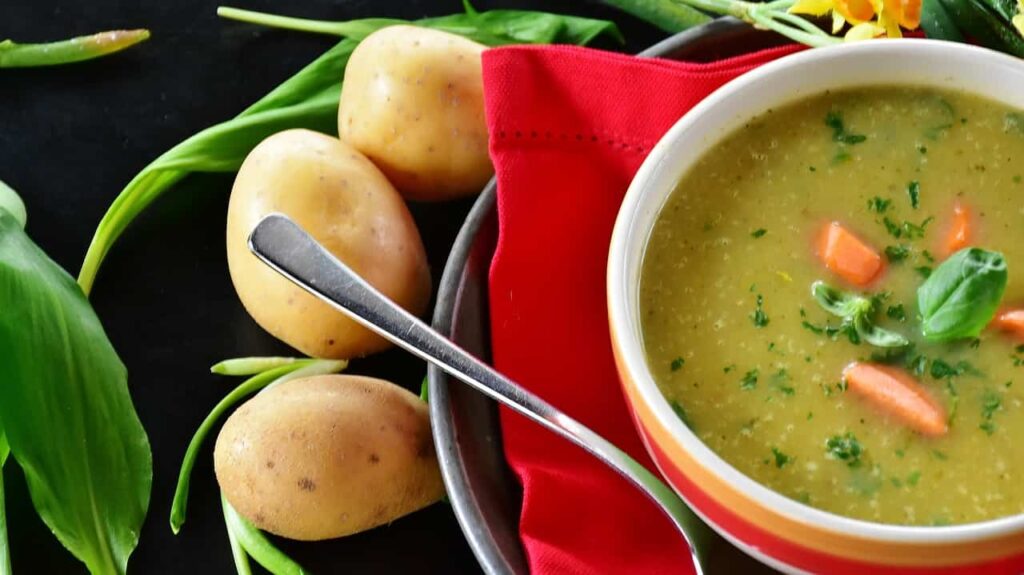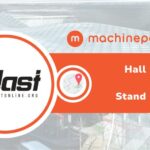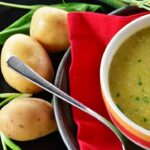
Today, prepared soup is just another product on supermarket shelves. Ready-made soup comes in various formats, such as instant soup, canned soup, carton soup, and more. The primary distinction is that one is a dehydrated powdered product, while the other is a liquid product.
At MachinePoint, we sell used equipment for the processing of liquid, non-powder soup. This includes all kinds of liquid soups: broths, vegetable soups, fish soups, meat soups, creams, purees, consommés, and more.
Liquid soups can be packaged in cans, cartons, glass containers, and fill & seal packaging. MachinePoint supplies all the used equipment needed for soup processing, from processing equipment to filling and packaging equipment.
Soup processors typically purchase ingredients for soup, which can be frozen, dehydrated, concentrated, or aseptically packaged.
As a general overview of the soup-making process, we can say that, initially, the ingredients are prepared and treated according to each soup’s recipe: thawed, ground, desalted, chopped, cooked, and so on. Afterward, the mixture is sent to mixing systems, often in batches. Preservatives can be added. Subsequently, the mixture undergoes pasteurization, UHT (Ultra-High Temperature treatment), or sterilization, depending on the characteristics of each soup and its pH level.
Finally, the liquid goes to the filling and packaging lines, where it is typically filled using either ultra-clean technology or hot filling.
Used Soup Manufacturing Equipment – Leading Provider
At MachinePoint, we offer a wide range of second-hand equipment for soup processing, including washers, cutters, extractors, pasteurizers, and much more. Trust MachinePoint to find the right solutions for your soup production needs efficiently and cost-effectively. The equipment used in soup production is essential for ensuring the quality and efficiency of the process.
To produce soups, the following machinery is indispensable:
- Washer: This equipment thoroughly cleans ingredients like vegetables before processing, ensuring the removal of dirt and surface contaminants.
- Cutting machines: The cutting machine is used to prepare ingredients such as vegetables and meat into uniform pieces or slices according to the recipe’s requirements.
- Artificial Vision Inspection: This system uses computer vision technology to detect defects or impurities in the ingredients, ensuring the quality and safety of the final product.
- Peeling machines: Depending on the recipe and ingredients, peeling can be physical, carried out using mechanical tools, thermal peeling, which uses heat to remove the skin, or chemical, where a caustic soda solution is used to eliminate the skin.
- Milling machines: A mill is responsible for crushing and reducing ingredients like grains or vegetables to the desired consistency for the soup, whether it’s in the form of puree or smaller pieces.
- Extractors: These machines are used to obtain concentrated liquids from ingredients, such as broth or natural juices, which will be added to the soup for flavor and nutrients.
- Filters: Filters ensure a clear and clean final product by separating unwanted particles or impurities from the soup liquid.
- Pasteurizers: Pasteurization is a controlled heating process that eliminates harmful bacteria and microorganisms in the soup while preserving its quality and flavor.
- Enzyme Deactivators: These machines are used to stop enzymatic reactions that can affect the texture and color of the soup, ensuring the product’s stability.
- Mixing units: Mixing machines combine all the soup ingredients evenly, ensuring a uniform distribution of flavors and textures.
- Aseptic Filler: This machine hygienically and sterilly fills soup containers, preventing contamination and allowing for a longer shelf life of the packaged product.





